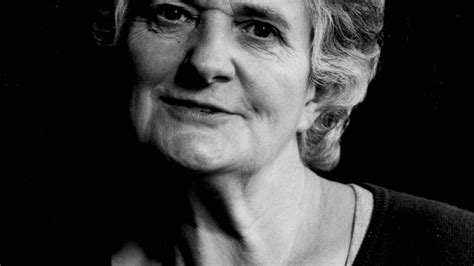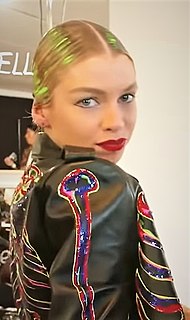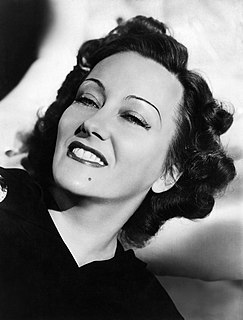A Quote by Seamus Heaney
Desmond O'Grady is one of the senior figures in Irish
Literary life, exemplary in the way he has committed
himself over the decades to the vocation of poetry and
has lived selflessly for the art
Related Quotes
There are so many new young poets, novelists, and playwrights who are much less politically committed than the former generations. The trend is to be totally concentrated on the literary aesthetic and to consider politics to be something dirty that shouldn't be mixed with an artistic or a literary vocation.
I don't know that I had a sense that there was such a thing as "the poetry world" in the 1960s and early 70s. Maybe poets did, but for me as an onlooker and reader of poetry, poetry felt like it was part of a larger literary world. I mean, even the phrase "the poetry world" reflects a sort of balkanization of American literary and artistic life that has to some extent happened since then.
It is a shallow criticism that would define poetry as confined to literary productions in rhyme and meter rhythm. The written poem is only poetry talking, and the statue, the picture, and the musical composition are poetry acting. Milton and Goethe, at their desks, were not more truly poets than Phidias with his chisel, Raphael at his easel, or deaf Beethoven bending over his piano, inventing and producing strains, which he himself could never hope to hear.
All my family look Irish. They act Irish. My sister even has red hair... it's crazy. I'm the one that doesn't seem Irish. None of the kids in my family, my siblings, speak with an Irish accent... we've never lived there full-time; we weren't born there. We just go there once or twice a year. It's weird. Our parents sound Irish, but we don't.
Your interviews or blog posts or whatever are less supplements to your novel than part of it. I'm not private, but I believe in literary form - I'll use my life as material for art (I don't know how not to do this) and I'll use art as a way of exploring that passage of life into art and vice versa, but that's not the same thing as thinking that any of the details of my life are interesting or relevant on their own.






































